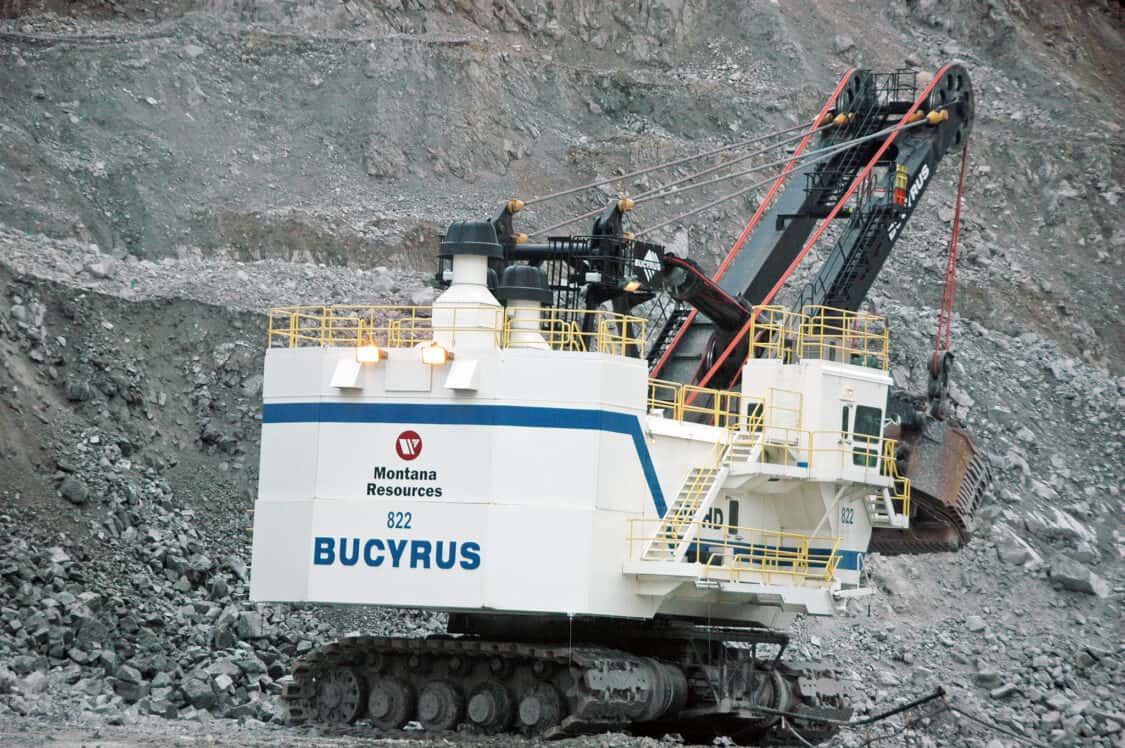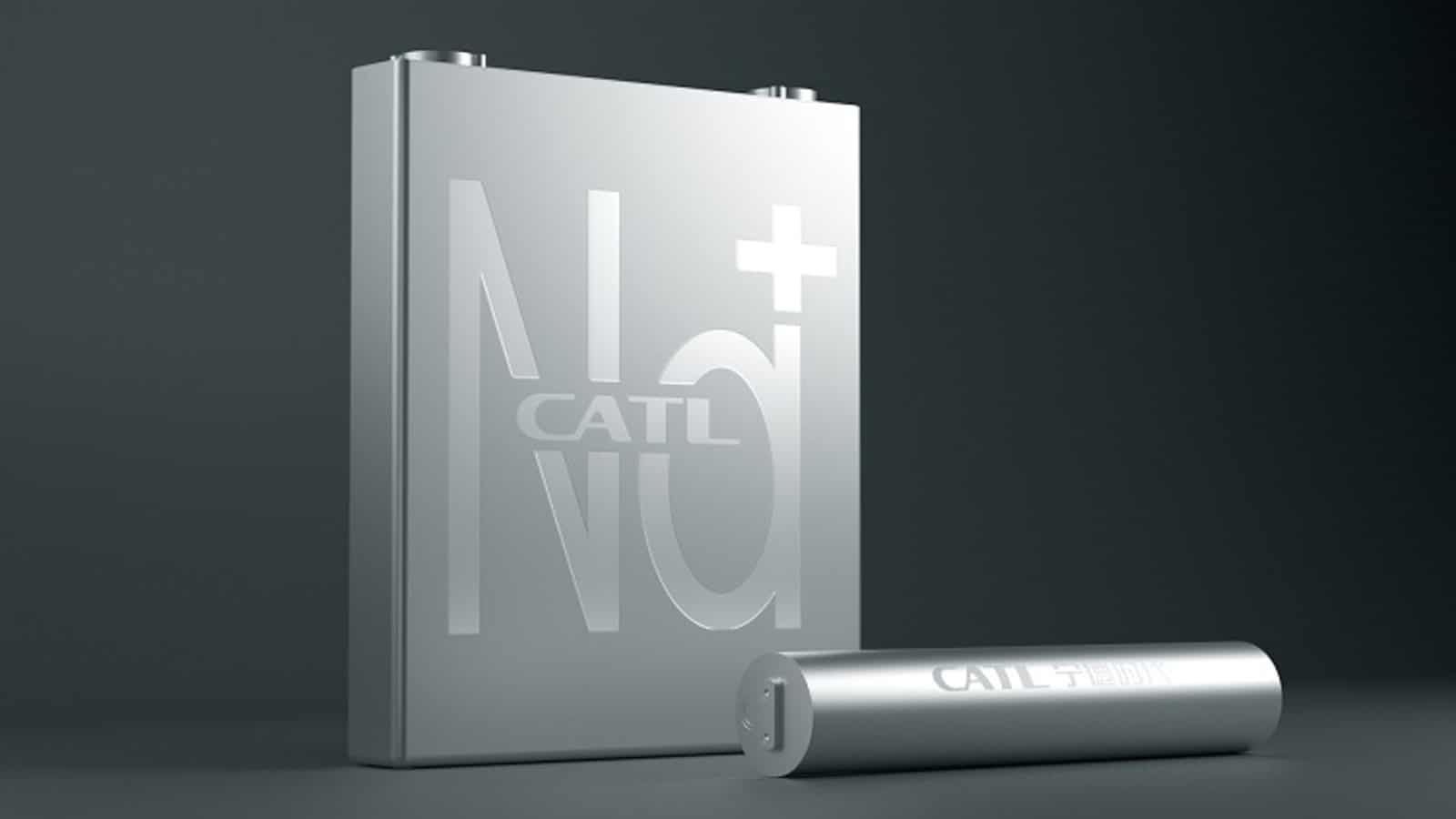- This new battery design uses manganese and offers a high energy-to-price advantage over a lithium-ion car battery.
- Manganese remains stable when exposed to air, which means it can be handled and stored at a wider range of temperatures than other materials.
- Manganese is abundant in Earth’s crust.
ADVERTISEMENT
With all the push for electrification, the supply of batteries for energy storage is being surpassed by the demand. Battery manufacturers like Tesla are scaling up production on cells and batteries as quickly as they can, but some of the rare materials needed are hard to come by. Prices of producing batteries have dropped, but are still the most important factor in the cost of an EV. Manganese batteries could be the very solution we’re looking for.
In a study published in the scientific journal Joule, a team of researchers from the University of Science and Technology of China showed the possibility of manganese metal as a superior alternative to the now-ubiquitous lithium-ion batteries in use for energy storage for use in EVs. These manganese metal batteries offer high energy density at a lower cost.

Lithium is harder to find, as it exists at around 65 ppm on earth, versus manganese at 1,000 ppm. Though lithium prices have declined over the last year, lithium is still quite costly at $1,250 per ton (for spodumene, the ore commonly used as the source for lithium used in battery manufacturing), versus manganese ore that costs about $5 per ton.
ADVERTISEMENT
As an anode material for batteries, manganese is relatively inexpensive and very efficient. The only problem is that it doesn’t work well in an aqueous (water-based) electrolyte, as transferring energy via deposition and dissolution requires more energy. By using it with a non-aqueous electrolyte in a battery, the problem is solved and energy loss is minimized in the process. Also, with the non-aqueous electrolyte, dendrites are eradicated.
Without getting too deep into the weeds, non-aqueous solvents are solvents or blends of solvents that work as ion conductors. The researchers found a halogen-mediated solvent that proved very efficient, in fact over 90% efficient.
The stability of manganese in ambient temperatures means it can be handled and stored much less expensively than other materials. The overall costs to build a battery like this will be much less, leading to less expensive batteries, and in the case of electric vehicles, it may bring the cost of an EV down significantly.
This research is very exciting, but it is a long road from laboratory work to actual, full-scale production of manganese batteries. This may make it to market before solid-state batteries, but time will tell.
ADVERTISEMENT

IMAGES: JAMES ST. JOHN
FTC: We use income-earning auto affiliate links. Learn more.











